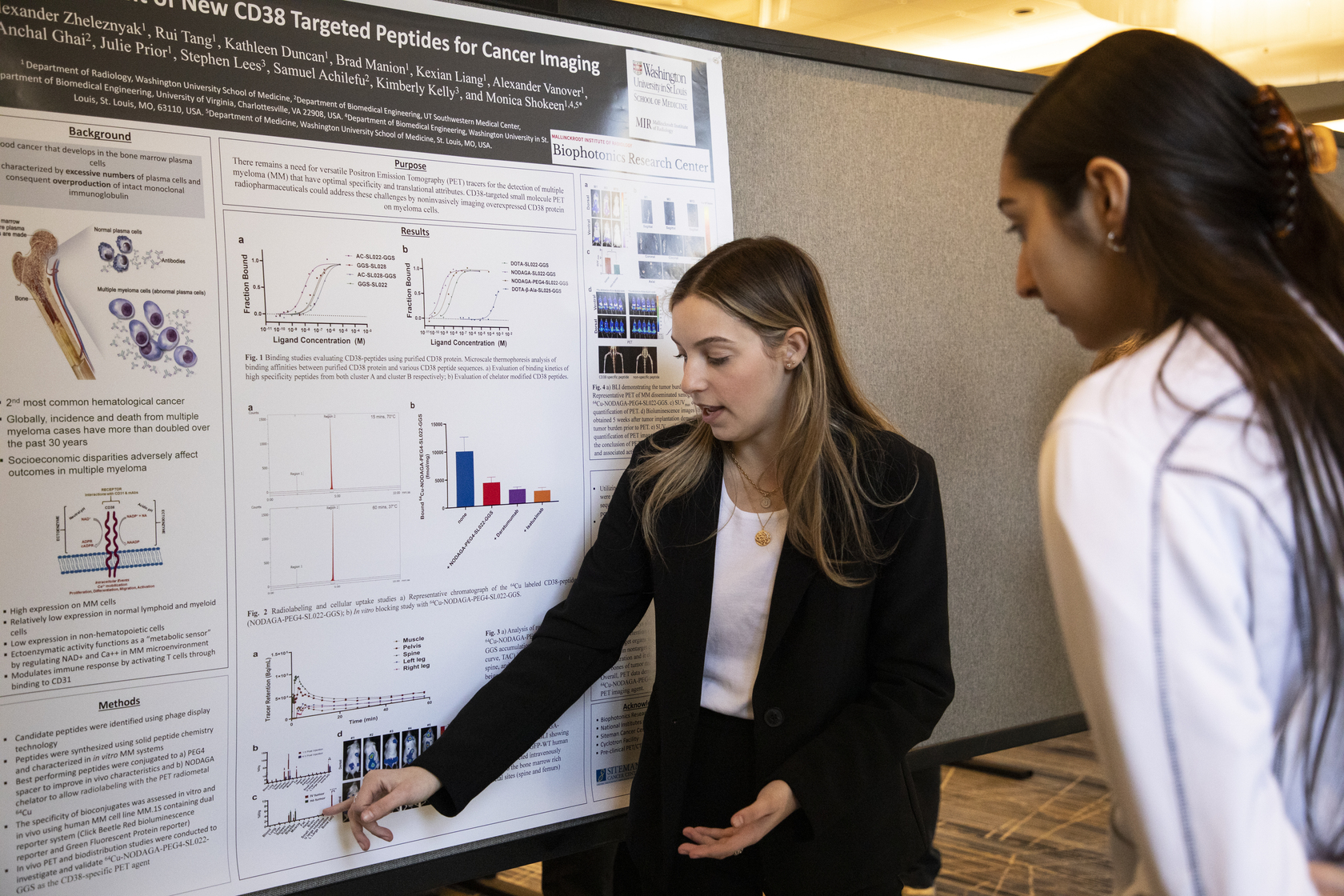Study Indicates Poverty Negatively Affects Children’s Structural Brain Wiring

A new study from researchers at Mallinckrodt Institute of Radiology (MIR) and Washington University School of Medicine in St. Louis indicates that household and community poverty may influence brain health in children.
The study, available in JAMA Network Open, found a connection between children living in poverty and their brain’s white matter tracts, which facilitate communication between brain regions and information processing. The researchers also found that childhood obesity and lower cognitive function may explain, at least partially, poverty’s influence on white matter differences.
The research was conducted in MIR’s Neuroimaging Labs Research Center (NIL-RC). “We hope this work encourages future studies to examine modifiable health risk factors in large and longitudinal samples that would one day translate to intervention,” said NIL-RC Director Tamara Hershey, PhD in a news release from Washington University School of Medicine in St. Louis.





